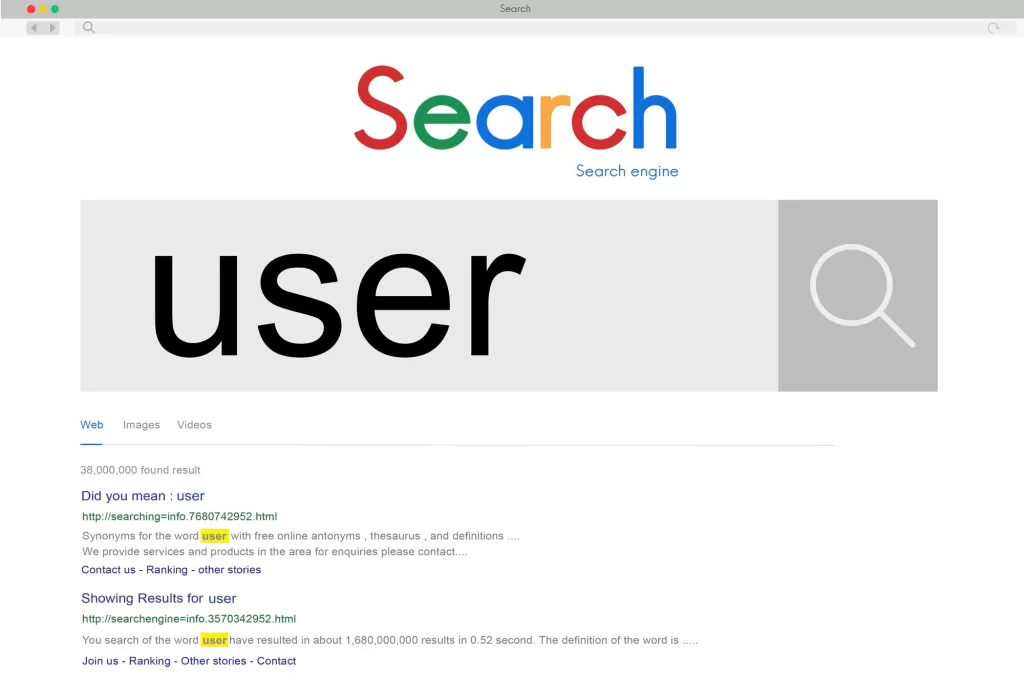SEO strategies in 2025
Rank in Search Engines
Now every business wants to progress in search engines to rank higher and help searchers find their business in search engines. Search Engine Optimization (SEO) is one of the most important factors in digital marketing that helps improve a website’s visibility on search engines like Google, Bing, and Yahoo.
We are stating some essential, effective SEO tips to help rank your website higher:
- On-Page SEO
- Keyword Research: It is essential to identify relevant keywords your target audience is searching for. Use tools like the Google Keyword Planner free tool, Ahrefs paid tool, or SEMrush paid tool.
- Optimize Title Tags: Before writing compelling content, you must integrate primary keywords in title tags (under 60 characters) and make them compelling.
- Meta Descriptions: Meta Description is important and it must be engaging meta descriptions (under 160 characters) with keywords to improve click-through rates (CTR)
- Header Tags (H1, H2, H3): Use header tags to structure content and include keywords naturally; this helps search engines.
- Content Quality: Content is King! create high-quality, original, and valuable content that answers user queries. Aim for comprehensive, in-depth articles that help users and are considered to be helpful content.
- URL Structure: Use small, descriptive URLs with keywords. Do not use special characters and numbers.
- Internal Linking: Link to other relevant pages on your site to improve navigation and distribute link equity.
- Permalink: Use keywords in permalinks to help search engines.
- Image Optimization: Use descriptive file names and alt text for images. Compress images to improve page speed. Use AVIF format for better page loading speed.
- Technical SEO
- Mobile-Friendliness: It is very important that a website is responsive and works well on all devices. AMP is also a good tool for users to read text with ease.
- Page Speed: Optimize loading times by compressing images, using caching, and minimizing code. Tools like Google PageSpeed Insights can help you find errors on websites and take action according to reports generated.
- SSL Certificate: Always use HTTPS to secure your website, as it’s a ranking factor in technical SEO.
- XML Sitemap: Properly create and submit an XML sitemap to search engines to help them crawl your site. For example, https://cc-consultings.com/sitemap.xml and then go to Google Console and add sitemaps found on page. You can find more information on XML sitemaps at sitemaps.org
- Robots.txt: Use a robots.txt file to control which pages search engines can access.
- Structured Data: Implement schema markup (e.g., FAQ, reviews, breadcrumbs) to enhance search engine understanding and improve rich snippets.
- Fix Broken Links: Audit regularly and check for and fix broken links using tools like Screaming Frog or Ahrefs. Must fix broken links.
- Canonical Tags: Use canonical tags to avoid duplicate content issues it is helpful for search engines to identify duplications.
- Off-Page SEO
- Backlink Building: Backlinks are important for good SEO because it increase websites visibility, credibility, and search engine rankings and acquire high-quality backlinks from authoritative websites. Use strategies like guest blogging, outreach, and creating shareable content.
- Social Media Engagement: Social media is very helpful in terms of promotion of website content on social media platforms to drive traffic and increase visibility.
- Local SEO: If you have a local business, optimize for local search by creating a Google My Business profile and getting reviews, Q&A and posting time-to-time updates on your Google profile (GBP)
- Brand Mentions: Encourage mentions and acknowledgement of your brand (even without links) to build authority.
- Content Strategy
- Focus on User Intent: It is a good way to know user intent and create content that aligns with what users are searching for (informational, navigational, or transactional).
- Long-Form Content: Longer, detailed content (1,500+ words) often performs better in search rankings.
- Regular Updates: Content helps search engines, and to enhance rankings, keep your content fresh and up-to-date to maintain relevance.
- Use Multimedia: Incorporate videos, infographics, and images to make content more engaging. User engagement is a must-do job in SEO.
- FAQ Sections: Try to add FAQ sections to target long-tail keywords and voice search queries.
- User Experience (UX)
- Easy Navigation: Navigation is important; one must ensure the website is easy to navigate with a clear menu and internal links.
- Readable Content: Using short paragraphs, bullet points, and subheadings to improve readability; for the ease of readers, typography and styling enhance readability.
- Low bounce rate: bounce rates are a very important factor. Design your site to keep users engaged and reduce bounce rates. Low bounce rates mean users didn’t hop short on page.
- Accessibility: Make your website accessible to all users, including those with disabilities.
- Analytics and Monitoring
- Google Search Console: Keep checking and monitoring your site’s performance, fixing errors, and tracking keyword rankings.
- Google Analytics: Analytics helps you to analyze traffic, user behavior, and conversion rates.
- Track Rankings: It is advisable to use tools like Ahrefs, SEMrush, or Moz to monitor keyword rankings.
- A/B Testing: Test different elements (e.g., headlines, CTAs) to see what works best.
- Voice Search Optimization
- Target Conversational Keywords: Optimize for natural, question-based phrases (e.g., “What is the best SEO tool?”).
- Local SEO: For local SEO, voice searches are often local, so optimize for “near me” queries.
- Featured Snippets: Target to secure featured snippets by providing concise answers to common questions.
- E-A-T (Expertise, Authority, Trustworthiness)
- Showcase Expertise: According to your relevant niche, products, or services, highlight your credentials, certifications, or experience.
- Build Authority: Create and publish high-quality content and earn backlinks from reputable sites.
- Establish Trust: Trust is key to success; use testimonials, reviews, and secure connections (HTTPS) to build trust.
- Avoid Black Hat SEO
- No Keyword Stuffing: Avoid overloading content with keywords; keyword stuffing is not good for SEO at all.
- No Cloaking: Avoid different content for search engines and users.
- No Buying Links: Avoiding purchasing backlinks can lead to penalties, and in the end, all your efforts will go in vain.
- Stay Updated
- Algorithm Changes: Daily study changes on algorithms and keep up with search engine algorithm updates (e.g., Google’s Core Updates).
- Industry Trends: Subscribe to newsletters and follow SEO blogs, forums, and experts to stay informed about best practices. Self-learning is key to success!
You can raise your website’s search engine rankings over time by following these SEO guidelines consistently and concentrating on giving users something of value. Keep in mind that SEO is a long-term approach, and benefits might not be seen right away. Patience is success and helps you to attain long-term benefits
If you want our services, please contact us at https://cc-consultings.com/contact-us







Thank you for providing your expertise with the world. I really appreciate visiting your website.
The article provides some useful advice on the subject. Thanks for sharing your expertise with us.